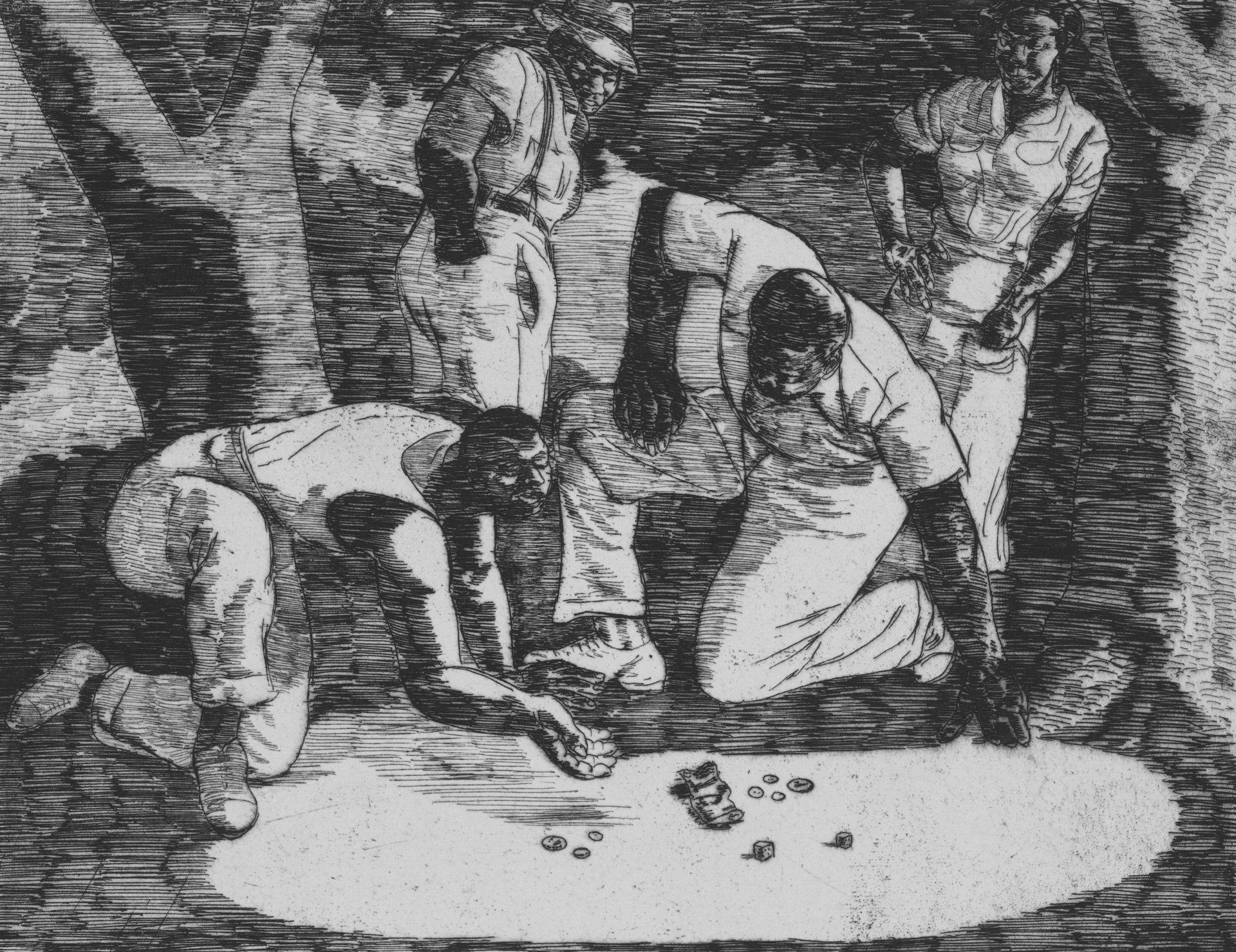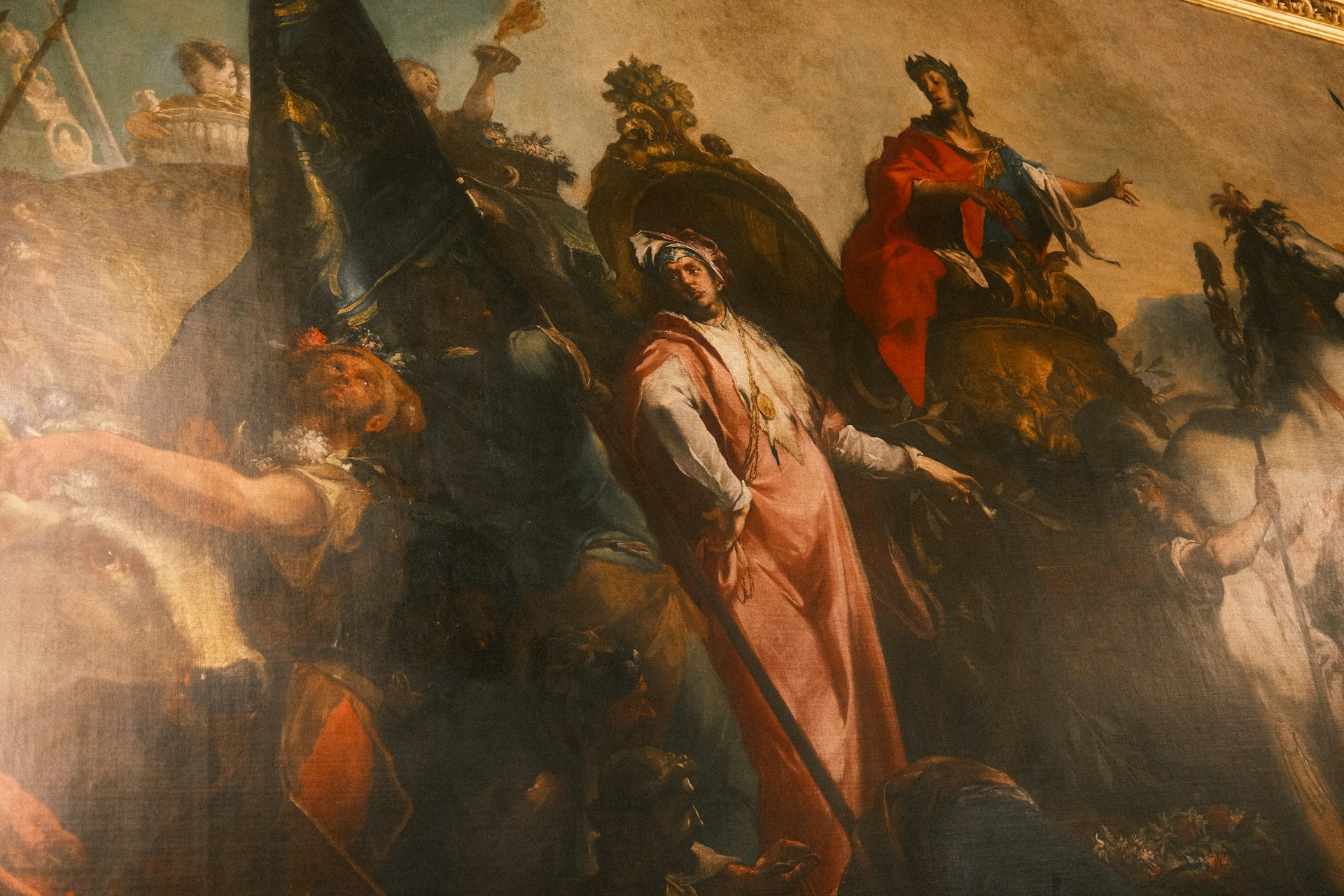Legacy and Impact: American Civil Rights Leaders Who Changed History

Photo by Library of Congress on Unsplash
Introduction
The history of American civil rights leaders is a story of vision, courage, and collective action. These individuals led transformative movements that challenged systemic racism, demanded equality, and reshaped the nation’s laws and institutions. Their work resulted in landmark legislation, mass mobilizations, and a legacy that continues to inspire activism today. [3]
The Roots of Civil Rights Leadership
Civil rights leadership in America has deep roots, stretching from abolitionist movements to the 20th-century struggle against segregation. Early leaders like Frederick Douglass and Ida B. Wells laid the foundation for future activism. By the mid-20th century, leaders emerged who would fundamentally shift America’s social and legal landscape. [3]
Martin Luther King Jr.: Symbol of Nonviolent Protest
Martin Luther King Jr. remains the most recognized figure of the civil rights era. As head of the Southern Christian Leadership Conference (SCLC), King championed nonviolent resistance, leading pivotal campaigns such as the Birmingham protests in 1963. His “Letter from Birmingham Jail” articulated the moral and strategic case for civil disobedience, influencing activists worldwide. [3]
King’s leadership reached its zenith during the 1963 March on Washington, where he delivered the iconic “I Have a Dream” speech to over 250,000 people at the Lincoln Memorial. This event galvanized national support for civil rights legislation. [1]
To engage with King’s legacy, you can study his writings, participate in commemorative events, and support organizations such as The King Center, which promotes nonviolent social change. [1]
John Lewis: The Conscience of Congress
John Lewis , a leader of the Student Nonviolent Coordinating Committee (SNCC), played a critical role in the Selma to Montgomery marches. At age 25, he led marchers across the Edmund Pettus Bridge, facing brutal violence during “Bloody Sunday.” This event catalyzed support for the Voting Rights Act of 1965. [3]
Lewis advocated for “good trouble”-the idea that necessary protest can drive positive change. His career in Congress continued this advocacy for justice and equality. To honor Lewis, you can read his memoir “Walking with the Wind,” participate in voting rights initiatives, or support youth leadership development programs.
Other Influential Leaders
- Thurgood Marshall : As the first African American Supreme Court Justice, Marshall’s earlier work as an NAACP lawyer helped dismantle segregation through cases such as Brown v. Board of Education. [1]
- Malcolm X : A powerful orator and advocate for Black empowerment, Malcolm X’s legacy includes his push for self-determination and critique of systemic racism. He was assassinated in 1965, but his ideas continue to shape discourse on race and justice. [2]
- Bayard Rustin : Chief organizer of the March on Washington, Rustin was a strategic thinker behind major civil rights demonstrations. [4]
- Roy Wilkins , Whitney Young Jr. , A. Philip Randolph , and James Farmer : Each led major organizations (NAACP, National Urban League, Brotherhood of Sleeping Car Porters, and CORE, respectively) that drove legislative and social change. [4]
To learn more about these leaders, visit museum exhibits, such as the National Museum of African American History and Culture, or join educational webinars offered by civil rights organizations.
Key Events and Legislation
The activism of civil rights leaders led to several historic milestones:
- March on Washington (1963) : A demonstration for jobs and freedom, culminating in the “I Have a Dream” speech. [1]
- Civil Rights Act of 1964 : Outlawed segregation in public facilities and discrimination in employment. [1]
- Voting Rights Act of 1965 : Prohibited race-based voter restrictions and enabled federal oversight of elections. [3]
- 24th Amendment (1964) : Abolished the poll tax, removing a major barrier to voting. [1]
To explore these laws, consult the U.S. National Archives, which provides official documents and historical context.
How to Access Civil Rights Resources and Opportunities
If you wish to engage with the legacy of civil rights leaders or access related educational opportunities, consider these steps:

Photo by Unseen Histories on Unsplash
- Study primary sources and biographies available through the Library of Congress and major public libraries. [3]
- Participate in commemorative events such as Martin Luther King Jr. Day, recognized nationwide. Local community centers and historical societies often host educational workshops.
- Explore museum exhibits, such as those at the Smithsonian Institution’s National Museum of African American History and Culture. These exhibits offer interactive learning and historical artifacts.
- Support or volunteer with established organizations including the NAACP, National Urban League, or Southern Poverty Law Center. Each has official websites with membership, donation, and event information.
- Search for civil rights education programs by visiting the official websites of universities and public history projects. Use search terms such as “civil rights history education” or “civil rights leadership programs.”
For official documentation or educational material, always use the real websites of government agencies, libraries, and museums. If unsure, search for the agency or organization name in combination with “official site” to confirm authenticity.
Challenges and Solutions
Despite progress, civil rights leaders faced-and current activists continue to face-significant challenges, including legal barriers, violence, and backlash. Many leaders endured arrest, physical harm, and assassination. Solutions included coalition-building, strategic litigation, and mass mobilization. Today, activists can draw on these lessons by forming alliances, documenting injustices, and advocating for policy reform.
For those interested in advocacy, consider joining local grassroots organizations, attending public forums, and staying informed through reputable news outlets and academic journals. Always verify the credibility of sources and seek guidance from established civil rights organizations.
Alternative Pathways for Engagement
Not all engagement requires direct activism. You can honor civil rights leaders by:
- Researching family or local community history and sharing stories of civil rights struggles and triumphs.
- Educating others through presentations or social media using verified facts and current research.
- Mentoring youth interested in social justice careers or volunteering in community programs that promote equality.
- Donating to scholarship funds that support underrepresented students in history and law.
For those seeking more formal education, look for accredited university or continuing education programs focused on social justice, history, or political science.
Key Takeaways
The history of American civil rights leaders is not just a chronicle of past achievement-it is a living legacy. Their strategies, sacrifices, and successes offer a blueprint for modern activism. By studying their lives, supporting related organizations, and participating in commemorative and educational initiatives, anyone can help advance the cause of equality and justice.



